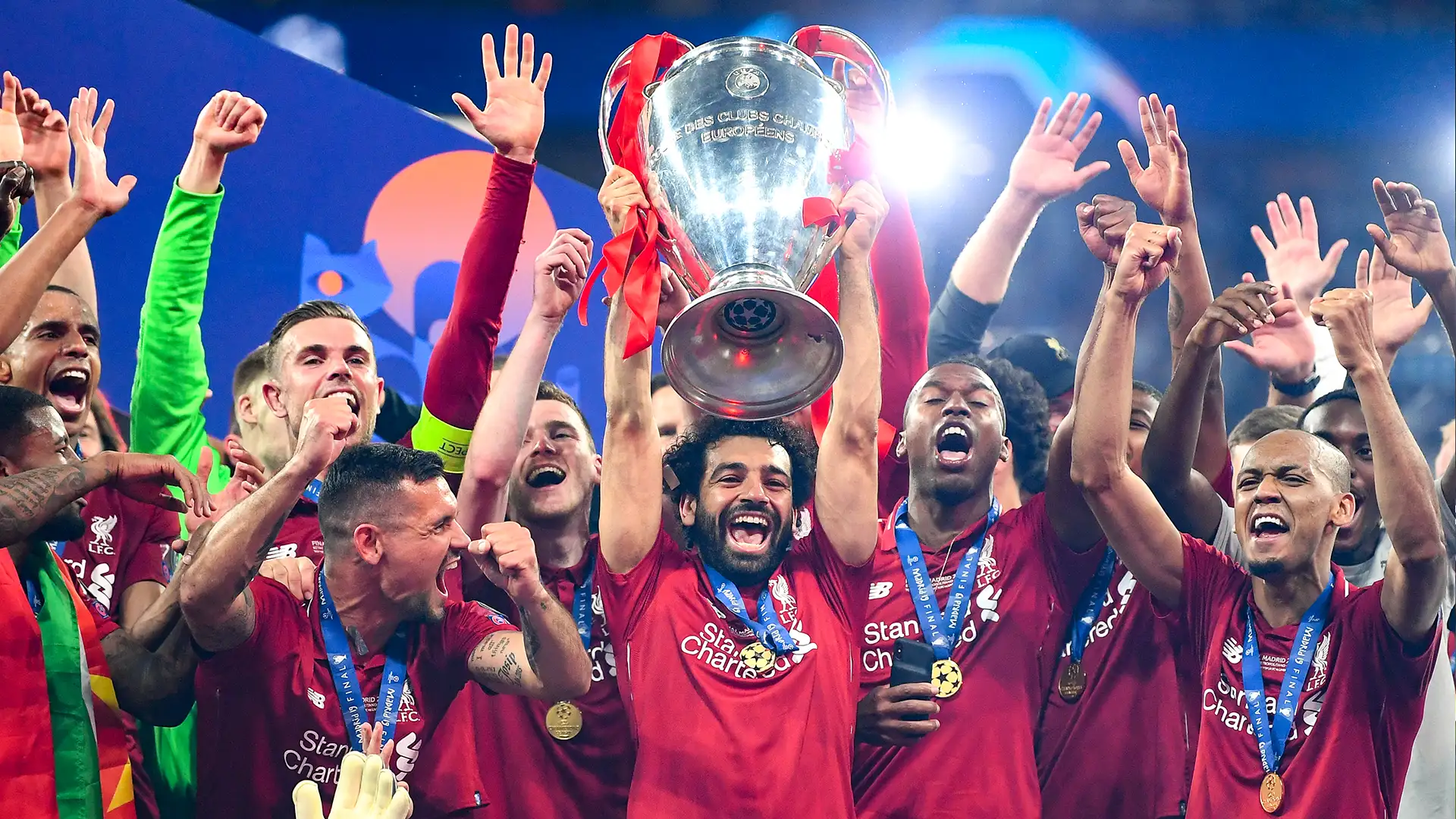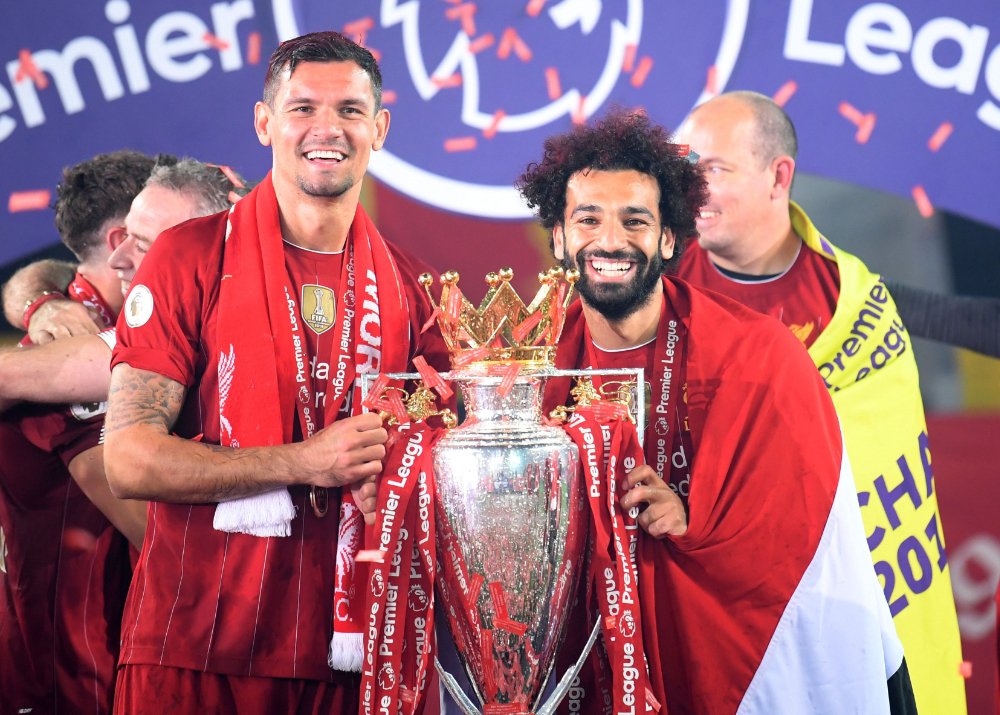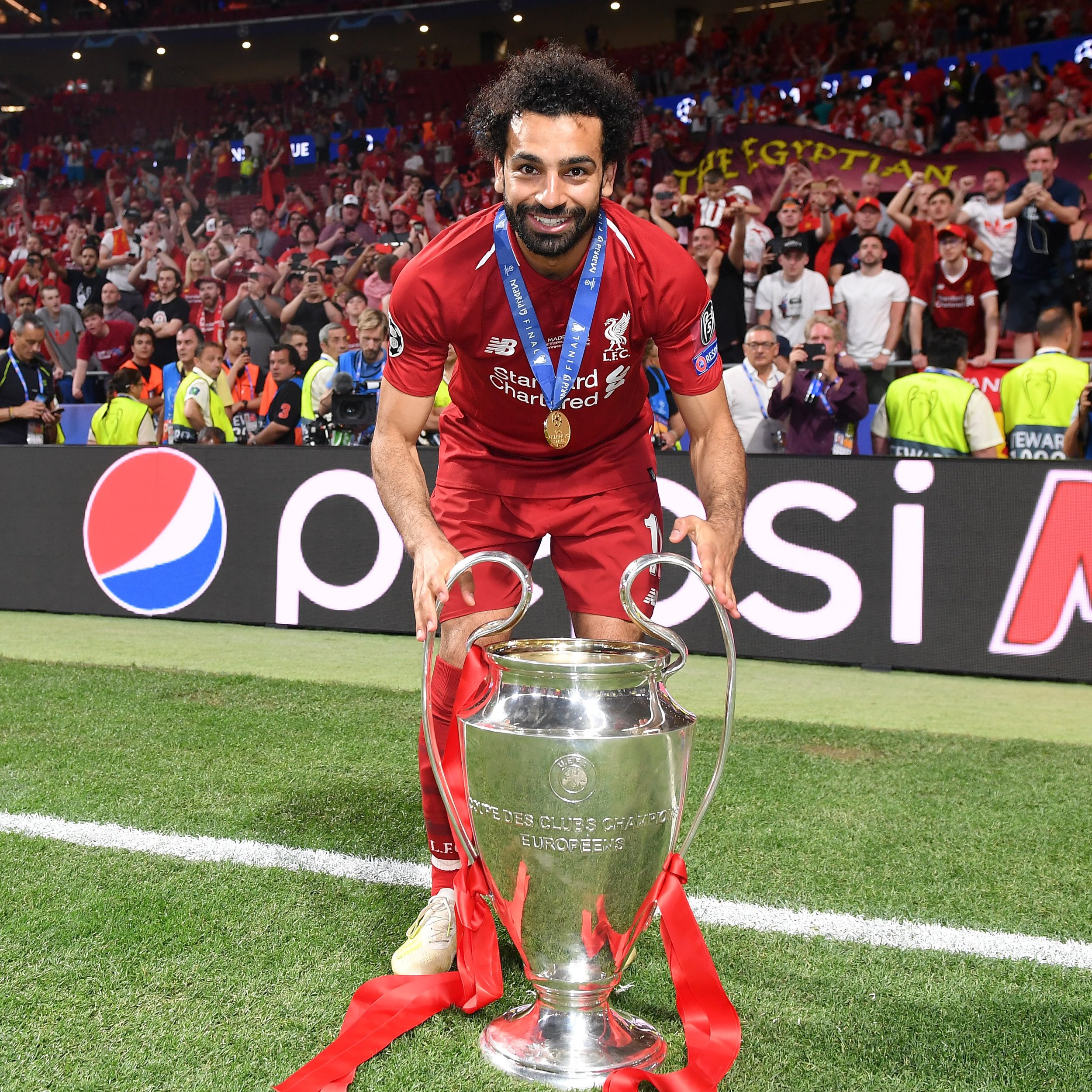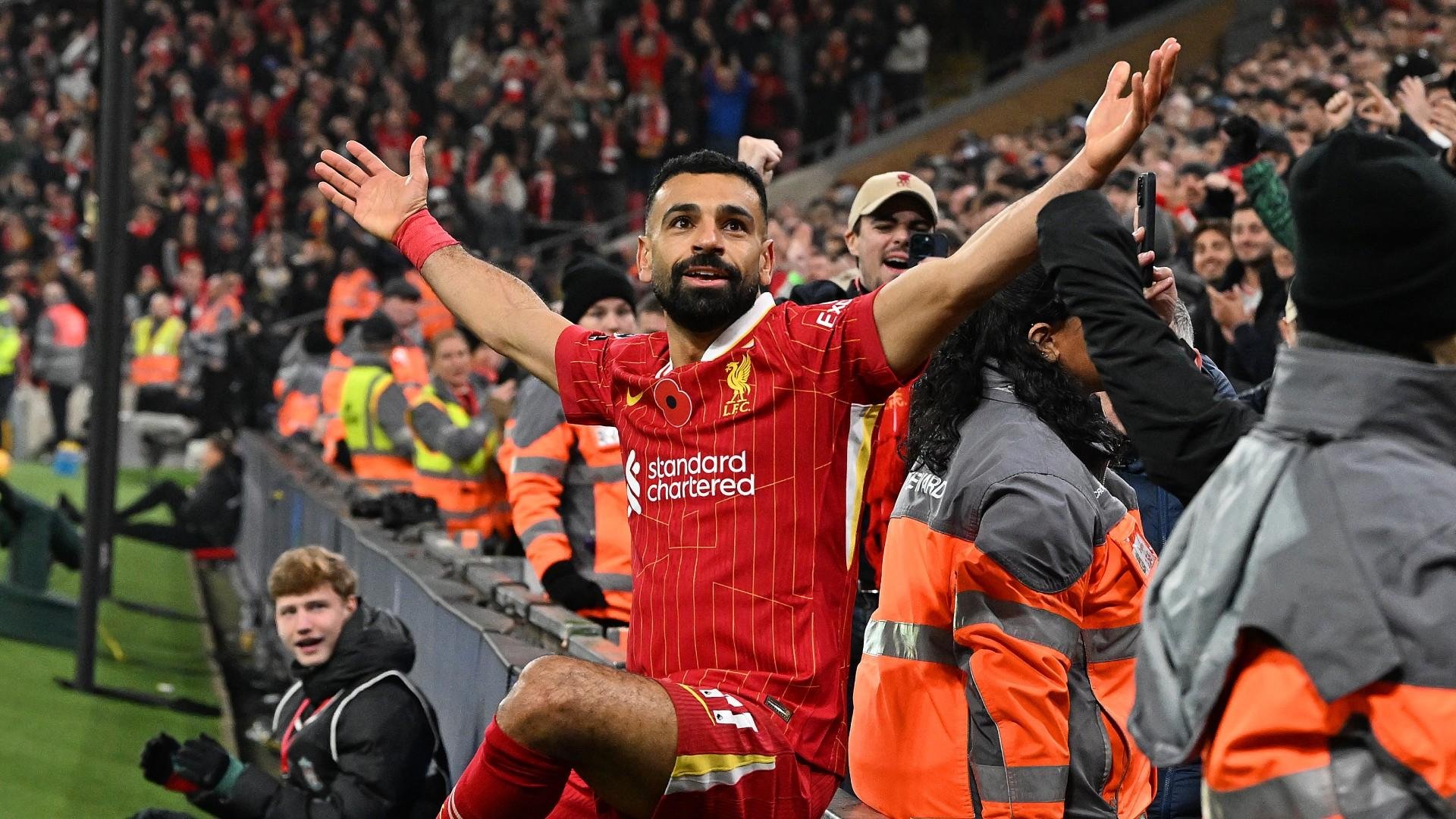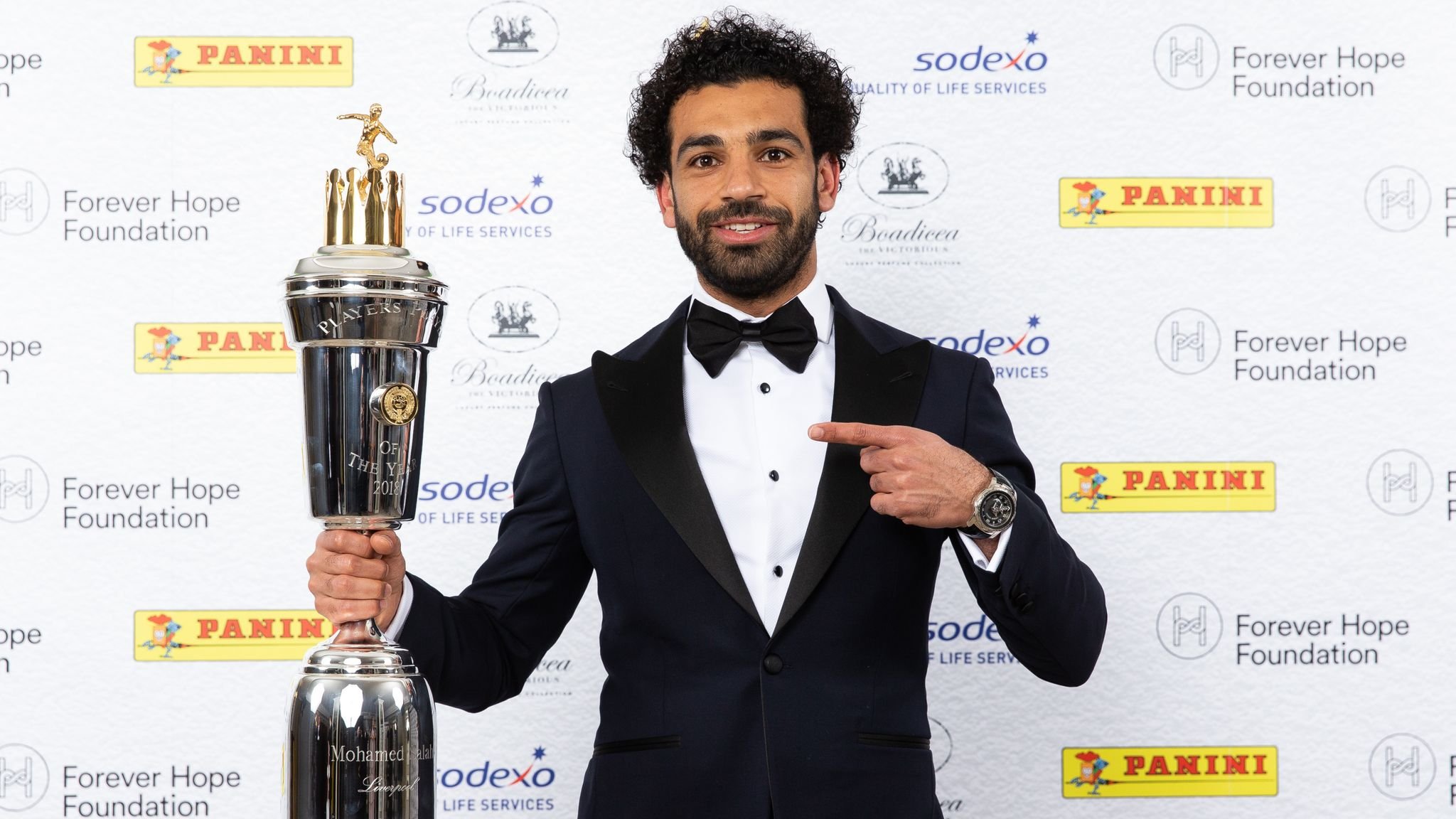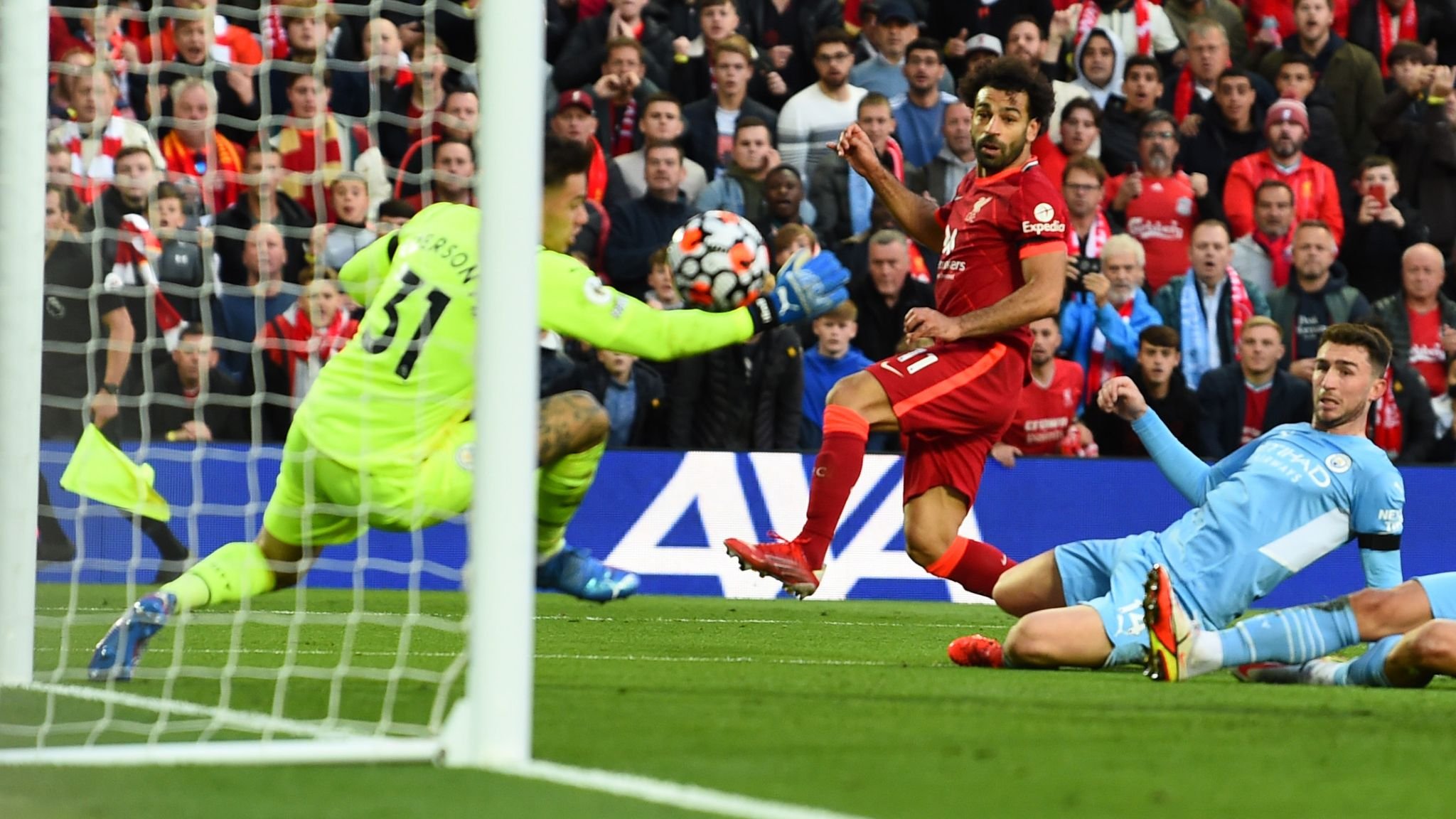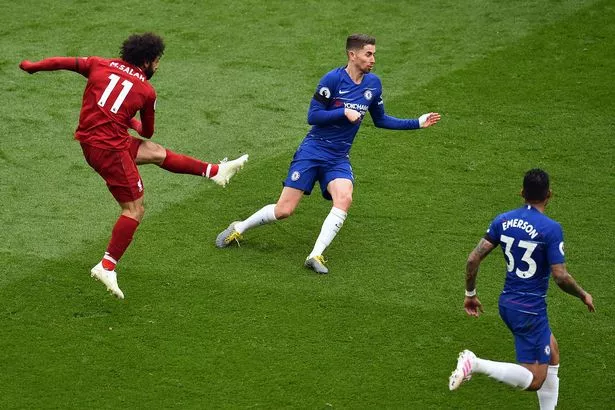Mohamed Salah
Mohamed Salah began his youth career in his native Egypt with Ittihad Basyoun and later Othmason Tanta. He spent a year at each club before moving more permanently to Al Mokawloon when he was just 14. His manager quickly noticed Salah was well ahead of his peers, and by the age of 15, he was already training with the first team. He went on to make 37 professional appearances for Al Mokawloon, scoring 11 goals.
His performances in Egypt attracted attention from European clubs, and in April it was announced that Salah had signed a four-year deal with FC Basel for a reported £2 million. Brought in as a replacement for Xherdan Shaqiri, Salah initially endured a slow start in Switzerland but soon adapted, playing a key role in a season that saw Basel win a domestic league and cup double and reach the semi-finals of the Europa League—where he scored against Chelsea. He continued his fine form the following season, helping Basel secure another league title and netting twice against Chelsea in the Champions League group stage.
Salah’s clinical finishing and impressive European displays convinced Chelsea to act, and in January 2014 they signed him for £11 million—beating Liverpool to his signature. Although he showed promise in his debut season, Salah struggled for minutes at Stamford Bridge. His development stalled during his time at Chelsea, and he was publicly criticised by then-manager José Mourinho after a poor showing against Shrewsbury.
On deadline day in February 2015, Salah joined Fiorentina on an 18-month loan, with Juan Cuadrado moving to Chelsea as part of the deal. Salah made an instant impact in Serie A, scoring six goals in 16 appearances. However, in a controversial move, he refused to return to Fiorentina for the remainder of his loan, prompting the club to pursue legal action against Chelsea for breach of contract.
That summer, Salah joined Fiorentina’s Serie A rivals Roma on loan, with a £15 million option to buy. He once again hit the ground running, and Roma quickly triggered the purchase clause. His second season in Rome was particularly prolific, and across two years at the club he registered 55 goal contributions in just 83 matches.
In June 2017, Liverpool agreed a £37.5 million deal to sign Mohamed Salah— a move that, at the time, was publicly viewed as something of a gamble. However, Liverpool’s data team were confident that Salah would be a star at Anfield. What followed was one of the greatest individual campaigns in Premier League history. In his debut season, Salah broke the record for most goals in a 38-game season with 32 league goals, finishing with a staggering 60 goal contributions across all competitions as Liverpool reached the Champions League Final.
Any doubts over whether Salah might be a one-season wonder were swiftly put to rest. Over the years, he has firmly established himself as one of the greatest players in Premier League history—if not the greatest. He has shattered countless records and built a career worthy of legendary status, not only within Liverpool Football Club but also across the global footballing landscape. Salah has been the club’s most important player during one of its most successful eras, and he is on course to surpass Harry Kane as the second-highest goalscorer in English top-flight history—trailing only Alan Shearer.
There have been moments when it looked unlikely Salah would remain at Anfield long-term, particularly when Liverpool rejected a world-record £150 million bid from Al-Ittihad in 2023. Yet once again, Salah demonstrated his loyalty and dedication to the club by agreeing a contract extension until 2027 toward the end of the 2024–2025 season. He capped that season by leading Liverpool to their second Premier League title under his leadership, delivering yet another unforgettable campaign that further cements his legacy as a Liverpool and Premier League icon.
-
15 June 1992
-
Egyptian
-
Premier League (2019-20, 2024-25)
Champions League (2019)
FIFA Club World Cup (2019)
FA Cup (2022)
Carabao Cup (2022, 2024)
UEFA Super Cup (2019)
FA Community Shield (2022)
